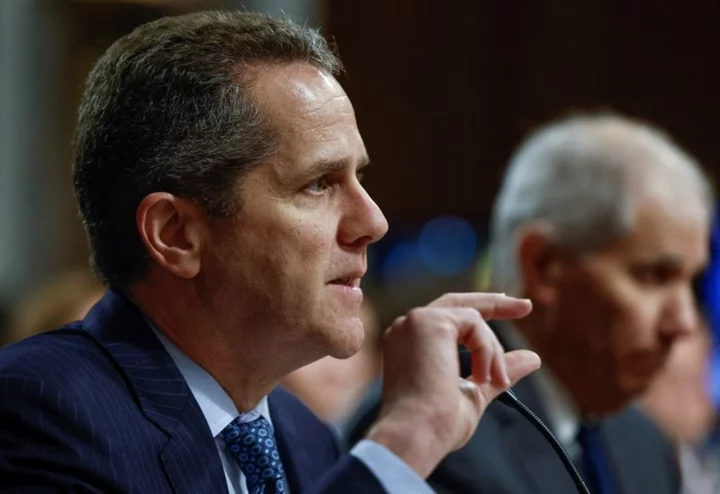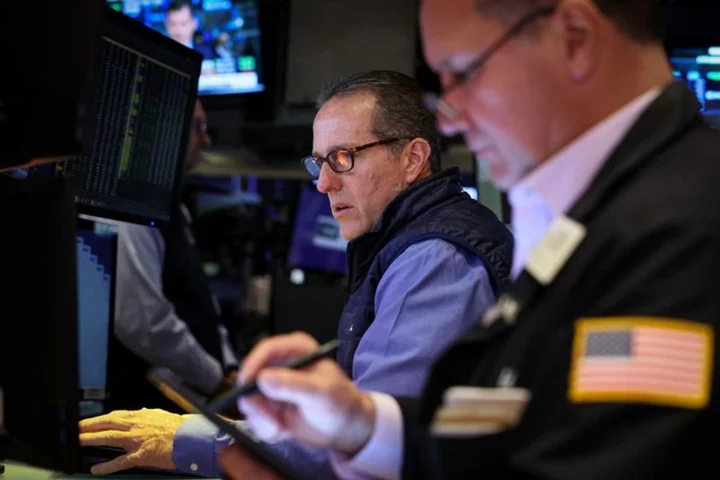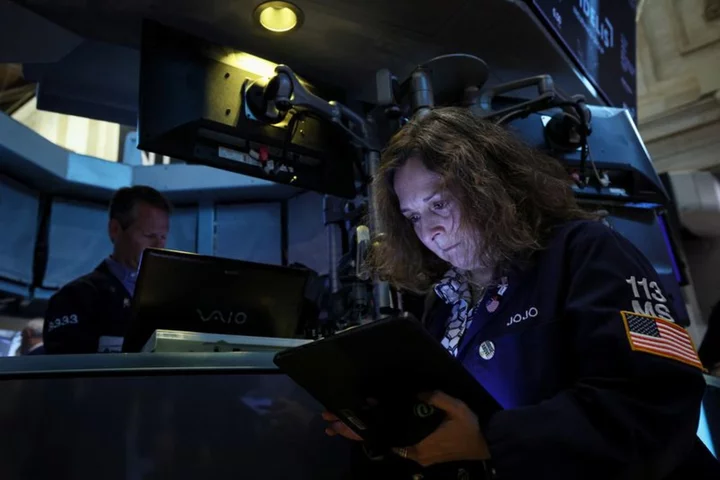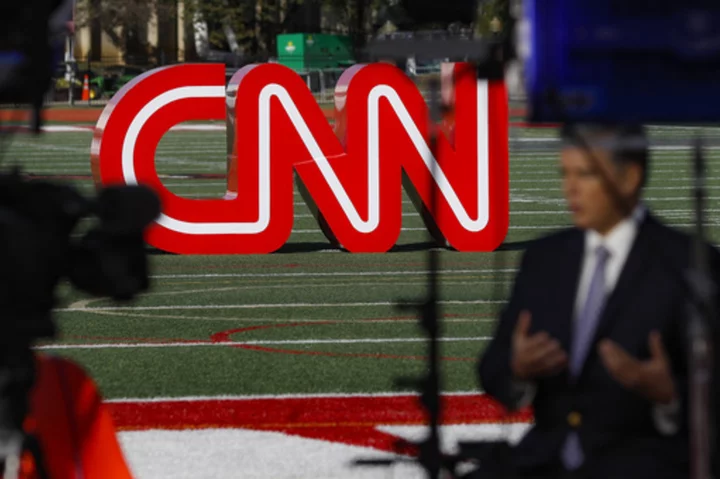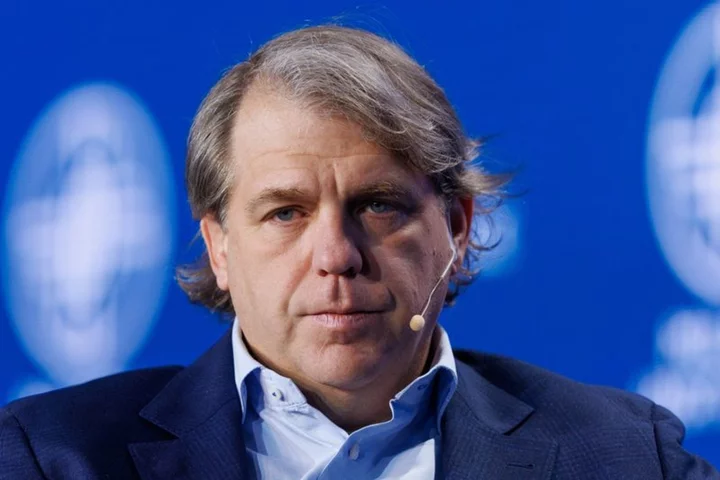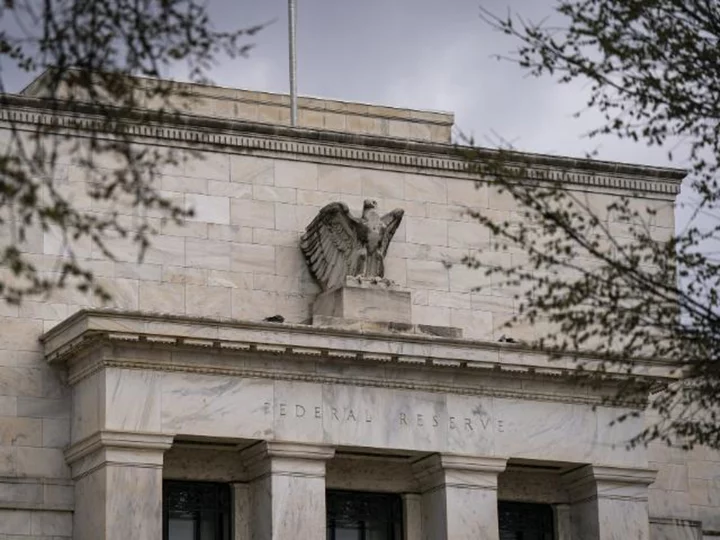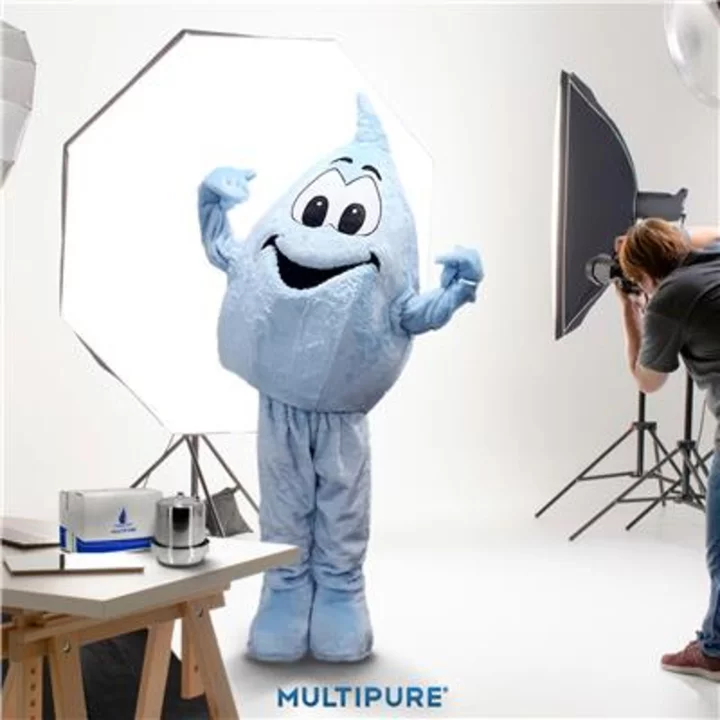By Michael S. Derby
NEW YORK Federal Reserve Vice Chair for Supervision Michael Barr on Tuesday said the U.S. central bank is at the beginning of exploring how it can move more swiftly when its bank regulators spot issues at banks outside of crisis periods.
"We're not an institution that moves quickly on supervisory issues," Barr said in a panel conversation held at the New York Fed that included the bank's president, John Williams.
"We tend to have a culture that makes it difficult for the institution to act quickly with respect to supervision" because those that work at the Fed are consensus driven, want to make sure they have enough evidence in place to support decisions and are keeping an eye toward due process issues faced by firms, the policymaker said.
"We're great in a crisis," Barr noted, but he'd like to see some of that swiftness take place in less turbulent times. He said the Fed is looking at what it takes for central-bank bank regulators to move more swiftly to spot and address issues at banks.
Barr also said that while the Fed may stress test financial firms to see how they would deal with various adverse scenarios, a more broad "reverse stress test" might also come in handy.
"Instead of thinking of a stressful scenario and then seeing how it would play through on, say, the balance sheet of a firm, you look at a bank and you say, well, what would it take to break this institution? What are the different ways this institution could die, or a piece of it, a significant piece of it?"
"We're beginning to do that kind of thinking. I'd say we're pretty nascent in it," Barr said.
Neither Barr or Williams commented on monetary policy or the economic outlook in their appearance. Barr said that the banking system is strong and that events that roiled the global financial system appear limited to the firms that got into trouble, while adding he's ever vigilant for signs of trouble.
Williams said that his bank's long-running efforts to improve culture at banks was working but he noted the process is a "long game."
(Reporting by Michael S. Derby; Editing by Mark Porter and Andrea Ricci)

